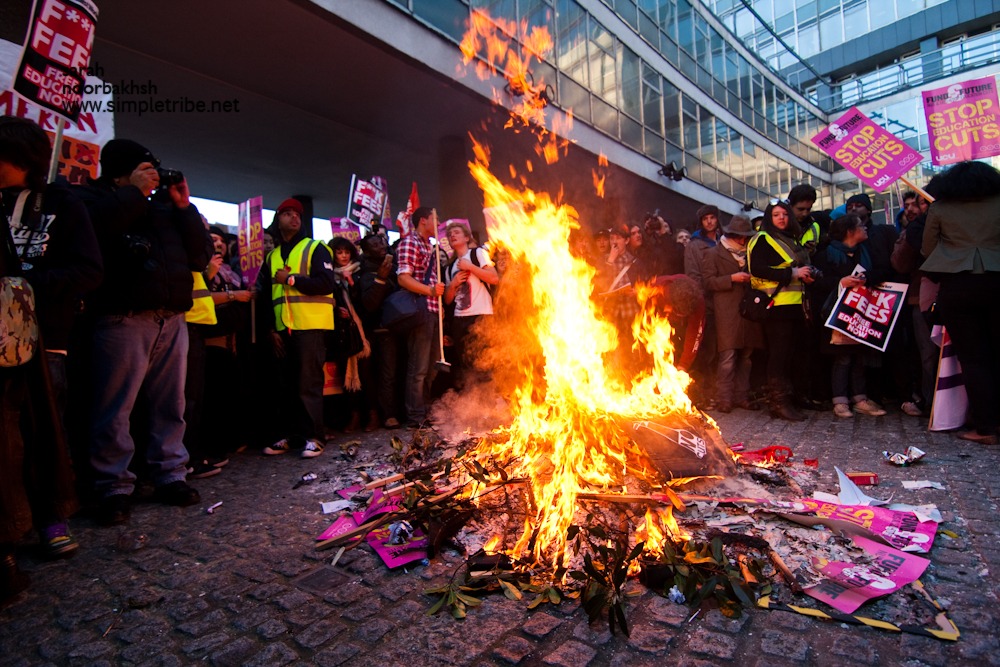Student extremism on the rise, government figures show
The number of extremism cases in higher education escalated to senior staff has increased by half in two years, new figures have shown.
The Prevent programme, part of the UK Government’s counter-terrorism strategy, recorded a rise to 210 escalated cases of student extremism in 2022-23, up from 139 cases in 2020-21, and 165 in 2021-22.
The programme’s stated aim is to “stop people from becoming terrorists or supporting terrorism”, a goal it achieves through working with young people referred to the scheme by local authorities and community groups.
For the first time a plurality of cases (46%) involved a “mixed, unclear or unstable ideology”
The figures, released on 4 June, paint a worrying picture of increasing radicalisation among students since 2020. The revelation comes amid rising concerns over the growth of hate speech on campuses, which caused the government to meet with universities in May to discuss antisemitism.
The report does not cover the period after the 7 October attack by Hamas, however, which coincided with the sharp rise in reports of campus hate.
While cases of far-right or Islamist radicalisation among students have dropped, for the first time a plurality of cases (46%) involved a “mixed, unclear or unstable ideology” (MUU).
This is characterised by a combination of ideologies, or an incoherent ideology posing a potential terrorism risk. Incels represent one example of MUU cases, reflecting recent worries in schools over misogyny amongst young men, and the influence of figures such as Andrew Tate.
Escalated cases of Islamist radicalisation fell from 29% of all cases in 2020-21 to 20% in 2022-23, and cases of extreme right-wing radicalisation similarly decreased from 24% to 17% in the same period.
Patrik Hermansson, a senior researcher at the campaign group Hope Not Hate, told The Guardian that: “The rise in referrals from universities is worrying, and aligns with increased interest in the extremist ideologies among young people in the UK.”
Almost a fifth of people held for terrorism-related offences last year were under 17 years old
Almost a fifth of people held for terrorism-related offences last year were under 17 years old, according to Home Office statistics released in March, constituting a record high.
The figures prompted Jonathan Hall KC, the Independent Reviewer of Terrorism Legislation, to warn in The Telegraph that social media was being overlooked as a source of extremist material.
The Prevent duty guidance also recognises this trend, stating that: “Children and young people continue to make up a significant proportion of Channel cases, and in recent years there have been concerns regarding increased numbers of learners being arrested for terrorism-related offences.”
The report also noted the number of external speakers rejected from campuses, which remained low at 0.9% in 2022-23, compared to 0.8% in 2021-2 and 1% in 2020-21.

Comments